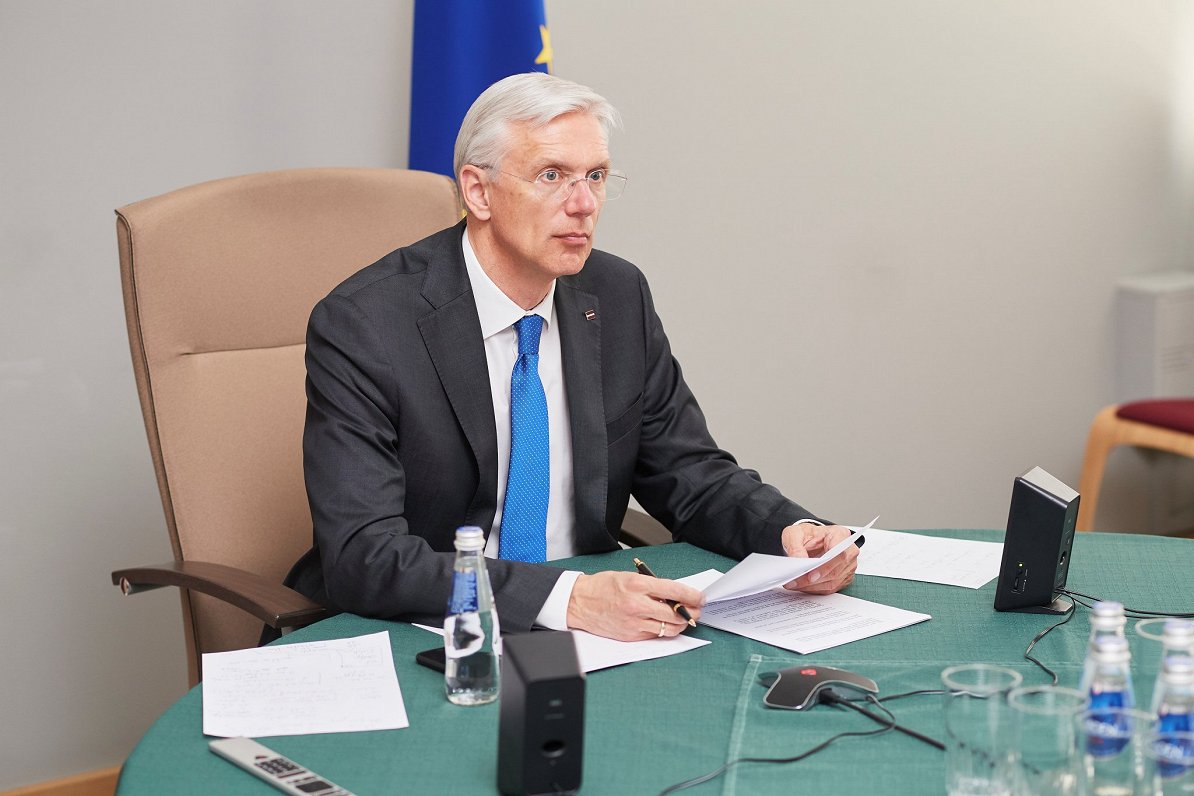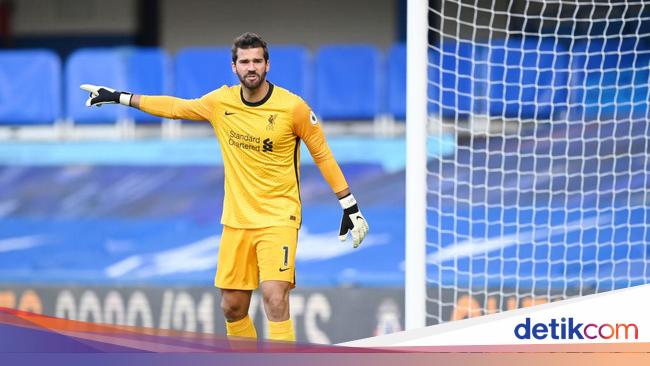At a meeting on Tuesday, September 22, the government supported the framework for next year’s state budget.
The government approves the 2021 budget framework with the fulfillment of various promisesJānis Kincis00:00 / 03:21
–
–
On Tuesday, the government heard an informative report from the Ministry of Finance (MoF) “On Proposals for State Budget Revenues and Expenditures for 2021 and the Framework for 2021-2023”.
Among other things, the Cabinet of Ministers supported the proposal to allocate additional funds in the 2021 budget for raising the salaries of doctors and teachers. It is also planned to promote social protection of the population.
For 2021, the basic expenditure of the central government basic budget is estimated at 7.43 billion euros, and for 2022, the basic expenditure of the central government basic budget is estimated at 7.66 billion euros. Expenditure for 2023 is set at € 7.41 billion, a reduction of € 191.6 million compared to the 2022 framework.
The basic expenditure of the state special budget for 2021 is estimated at 3.16 billion euros, for 2022 – 3.23 billion euros and for 2023 – 3.38 billion euros. Expenditure has been increased by EUR 3 million compared to the current year’s framework for 2021, expenditure has been reduced by EUR 102.7 million for 2022 and expenditure has been increased by EUR 53.4 million compared to the 2022 framework.
At the press conference after the sitting of the Cabinet of Ministers, the Minister of Finance Jānis Reirs (“Jaunā Vienotība”) stated that despite the disagreements, the government managed to find a common denominator. “Raising the salaries of health and education workers is a key priority for next year. The economic crisis caused by Covid – 19 has highlighted the shortcomings of the tax system in the country,” Reirs said.
The Minister acknowledged that social protection is not successful for people working in different tax regimes.
“We expect the budget to shrink by 7% of GDP this year, and growth to grow by 5% next year,” Reirs said. In turn, already in 2022, it is planned to approach the Maastricht criteria and achieve a budget deficit of 2.8% of GDP. Reir also assumed that inflation could stabilize at 2% over the next two years.
Prime Minister Krišjānis Kariņš (“New Unity”), in turn, told the press conference that starting from 2020, the reform of family support will be implemented. The 2021 budget adopted by the government envisages a 1% reduction in social tax and an increase in the non-taxable minimum threshold. It is also planned that by March 2021, it is planned to adopt regulatory enactments with additional support for families and children, which would be in accordance with the proposals of the Center for Demographic Affairs regarding the reform of the state family benefit.
Minister of Finance Reirs emphasized that the reform of family support requires many changes in legislation, and IT systems must be adapted, which would not be possible until next year. In 2022, it is planned to set the state family benefit for one dependent child under the age of 20 at 25 euros, for two children – 100 euros, for three children – 225 euros per month, and for four or more children – 100 euros per month for each child. It is planned to expand state support for studies in Latvian universities for young people from large families.
“The minimum salary will be 500 euros from January 1. We envisage allocating 183 million euros to the increase of medical salaries, which will be in accordance with the law adopted by the Saeima. The increase of teachers’ salaries will be slightly more than 40 million euros. increase from € 64 to € 109. Similarly, we expect almost € 9 million to allow social media out of the advertising market, with a fairly significant reform of family benefits starting in 2022. The tax-free minimum will increase from € 1,200 to € 1,800 from next year. This is a step towards our entrepreneurs to make the economy more competitive, especially with the neighboring countries Estonia and Lithuania, “said Kariņš.
Ministers also supported the Ministry of Economics’ proposal to reduce the mandatory procurement component in electricity bills by 23%.
This is possible by diverting Latvenergo’s dividends to reduce OIK from 22.68 to 17.51 euros per megawatt hour.
The state budget for next year envisages several things:
- From January next year, the minimum wage in Latvia, as previously planned, will be 500 euros.
- 183 million euros are planned to increase the salaries of doctors in accordance with the increase approved by the Saeima.
- More than 40 million euros are earmarked for raising the salaries of teachers as well as university teachers.
- The guaranteed minimum income will be increased from the current € 64 to € 109.
- Less than 9 million euros are intended for public media to exit the advertising market.
- From 1 January, the rate of compulsory social insurance contributions will be reduced by one percentage point.
- A mandatory minimum social contribution will be introduced from 1 July; work on the details will continue.
- From 2022, it is planned to introduce a reformed and increased state family benefit.
- The upper threshold for the application of the differentiated non-taxable minimum will be raised from 1200 to 1800 euros.
–
Highlight text and press Ctrl+Enterto send the text to be edited!
Highlight text and press Report a bug buttons to send the text to be edited!
–
–


